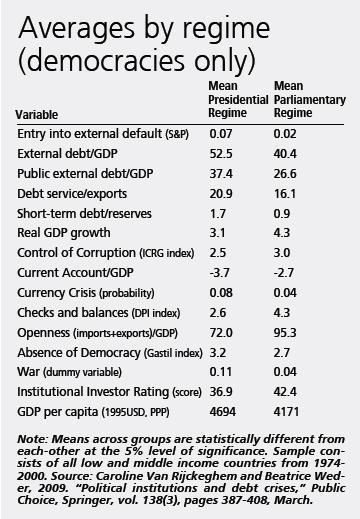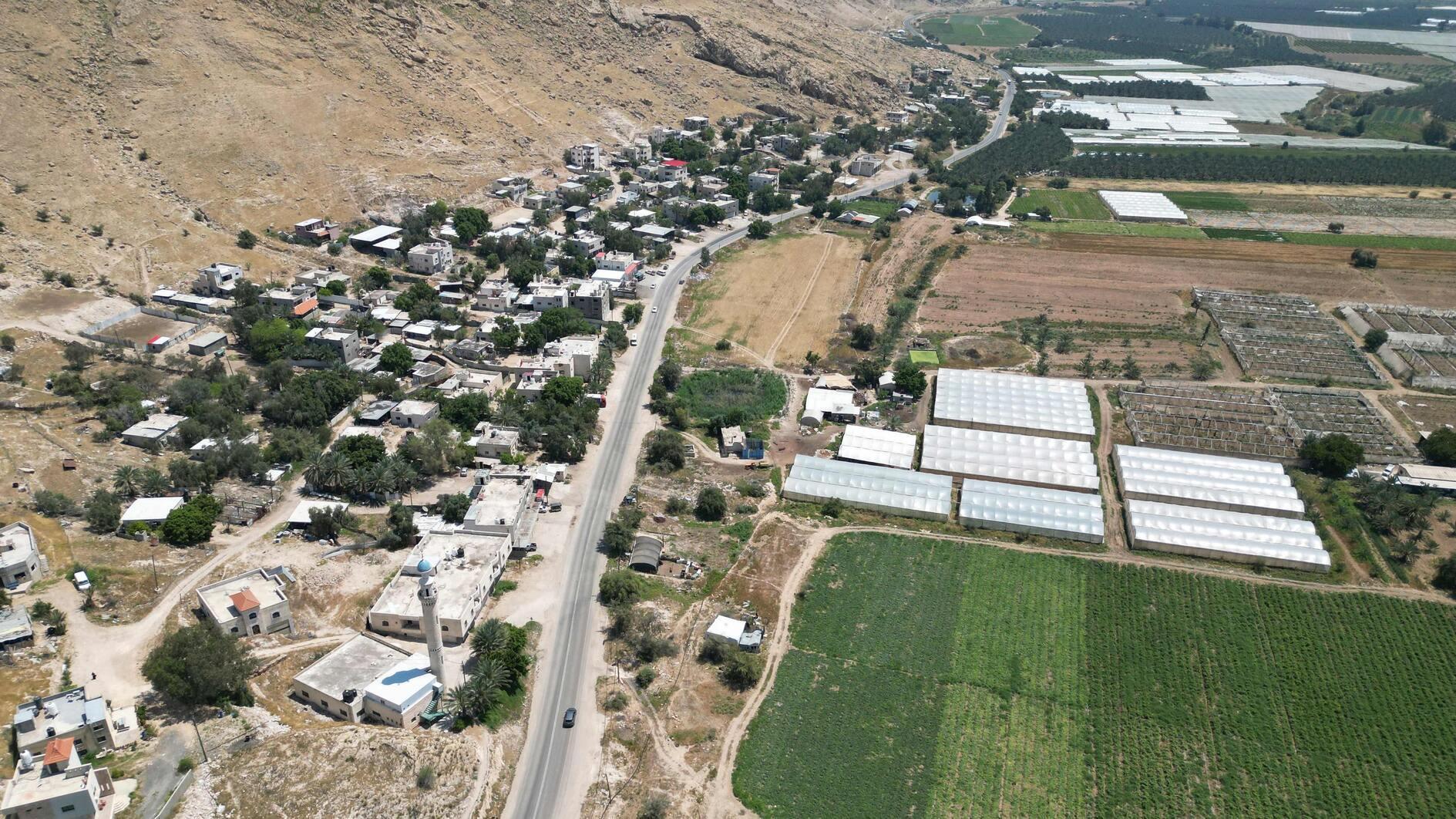The Presidential vs. Parliamentary Regime Debate: an Academic Point of View
CAROLINE VAN RİJCKEGHEM
 In “Why Nations Fail,” Daron Acemoglu and James Robinson, who are known for their path-breaking work in the area of institutional economics, argue that the prosperity of nations is largely driven by whether the economic and political institutions of a country are extractive -- designed to exploit one part of society for the benefit of another -- or inclusive. Inclusive institutions, by allowing people to express their talents and securing widespread property rights, foster development.
In “Why Nations Fail,” Daron Acemoglu and James Robinson, who are known for their path-breaking work in the area of institutional economics, argue that the prosperity of nations is largely driven by whether the economic and political institutions of a country are extractive -- designed to exploit one part of society for the benefit of another -- or inclusive. Inclusive institutions, by allowing people to express their talents and securing widespread property rights, foster development. In earlier work with Beatrice Weder, long-time member of Germany’s Council of Wise Men, we showed that parliamentary regimes perform better than presidential regimes in terms of growth, openness, corruption, and currency and debt crises (see Table). We classify regimes based on data from the Database of Political Institutions and distinguish between (1) parliamentary systems and assembly-elected presidential systems, and (2) presidential systems. Where there is both a prime minister and a president, the system is classified as presidential if the president has power to veto legislation, appoint and dismiss the prime minister and/or other ministers, or can dissolve parliament and call for new elections.
If the above attributes are introduced as part of a shift to an “Executive Presidency,” Turkey would be reclassified from a parliamentary to a presidential system.
While the concern in Turkey is currently that power may go unchecked in a presidential regime, with adverse consequences for political and economic inclusiveness, there is also the possibility of a return to coalition government in future. In that case, should the presidential party not be in control of parliament or the cabinet, a presidential regime could still be harmful, although through a different mechanism. Overly conflicting relations between executive institutions could generate uncertainty about policy, as observed in many Latin American so-called “coalition presidencies.” Either possibility would damage development.

Note: Means across groups are statistically different from each-other at the 5% level of significance. Sample consists of all low and middle income countries from 1974-2000. Source: Caroline Van Rijckeghem and Beatrice Weder, 2009. “Political institutions and debt crises,” Public Choice, Springer, vol. 138(3), pages 387-408, March.
*Caroline Van Rijckeghem is adjunct faculty, Boğaziçi University











